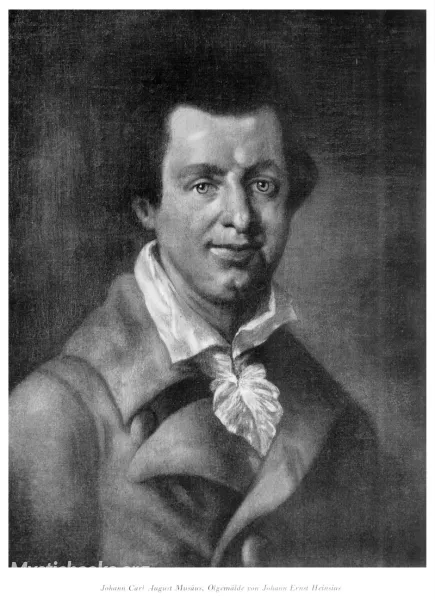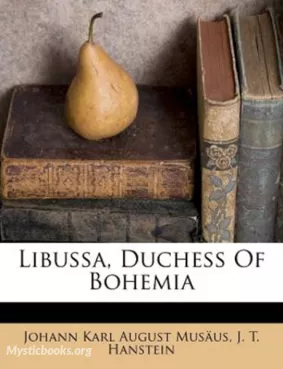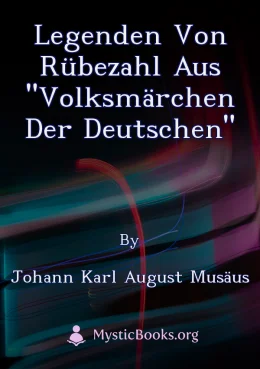
Timeline
Title
Country/Nationality
Johann Karl August Musäus
Johann Karl August Musäus, a German writer and pedagogue, emerged as a prominent figure in the development of German Romanticism during the late 18th century. His literary works, characterized by their blend of folklore, mythology, and social commentary, captivated audiences and established him as a pioneer in the genre of Volksmärchen, or German folk tales.
Early Life and Education
Born in Jena, Germany, on September 29, 1735, Musäus was immersed in a literary and intellectual environment from an early age. His father, a professor of law at the University of Jena, instilled in him a love of literature and languages. Musäus pursued higher education at his hometown university, where he studied law, philosophy, and history.
Literary Contributions
Musäus's literary career took off in the 1770s with the publication of his first collection of Volksmärchen, titled "Freund Hein." These tales, inspired by German folklore and mythology, showcased his ability to blend humor, fantasy, and social commentary, captivating readers with their entertaining narratives and subtle critiques of contemporary society.
His most famous work, "Volksmärchen der Deutschen" (1782-1786), further solidified his reputation as a master storyteller. This collection, encompassing four volumes, contained retellings of well-known fairy tales like "Rumpelstiltskin" and "Rapunzel," as well as original stories infused with Musäus's unique blend of humor, satire, and social commentary.
Literary Philosophy
Musäus's literary philosophy was deeply rooted in the ideals of German Romanticism. He believed in the power of storytelling to transport readers to different worlds, to challenge their perspectives, and to ignite their imaginations. His tales often drew upon the supernatural, the fantastical, and the mythical, creating a sense of wonder and escapism that resonated with audiences.
Notable Works
- "Freund Hein" (1773): A collection of German folk tales that established Musäus's reputation as a storyteller.
- "Volksmärchen der Deutschen" (1782-1786): A four-volume collection of retellings of well-known fairy tales and original stories, solidifying Musäus's legacy as a master of the Volksmärchen.
- "Strauß, Feder und Degen" (1783): A picaresque novel that satirized contemporary society and showcased Musäus's wit and social commentary.
Legacy
Musäus's contributions to German literature continue to be recognized today. His Volksmärchen remain popular among readers of all ages, and his influence on the development of Romanticism is undeniable. His ability to blend folklore, mythology, and social commentary into entertaining and thought-provoking narratives has earned him a place among Germany's most celebrated literary figures.
Interesting Facts about Johann Karl August Musäus
- Musäus was a strong advocate for the preservation of German folklore and mythology. He believed that these stories held valuable insights into German culture and identity.
- Musäus's literary works were also influenced by his experiences as a teacher. He often used his tales to convey moral lessons and to teach his students about the importance of critical thinking.
- Musäus died on July 8, 1787, at the age of 51. His legacy as a pioneer of German Romanticism and a master storyteller lives on through his enduring literary works.
Books by Johann Karl August Musäus

Libussa
In the heart of ancient Bohemia, nestled amidst verdant forests and mystical landscapes, lies the tale of Libussa, the legendary founder of Prague and a woman of unparalleled wisdom and foresight. Johann Karl August Musäus, a master storyteller and...

Legenden von Rübezahl aus "Volksmärchen der Deutschen"
Die Legenden von Rübezahl, wie sie von Johann Karl August Musäus in seinem Werk "Volksmärchen der Deutschen" präsentiert werden, erzählen von dem geheimnisvollen Berggeist, der im Riesengebirge beheimatet ist. Musäus schildert Rübezahl als eine wider...